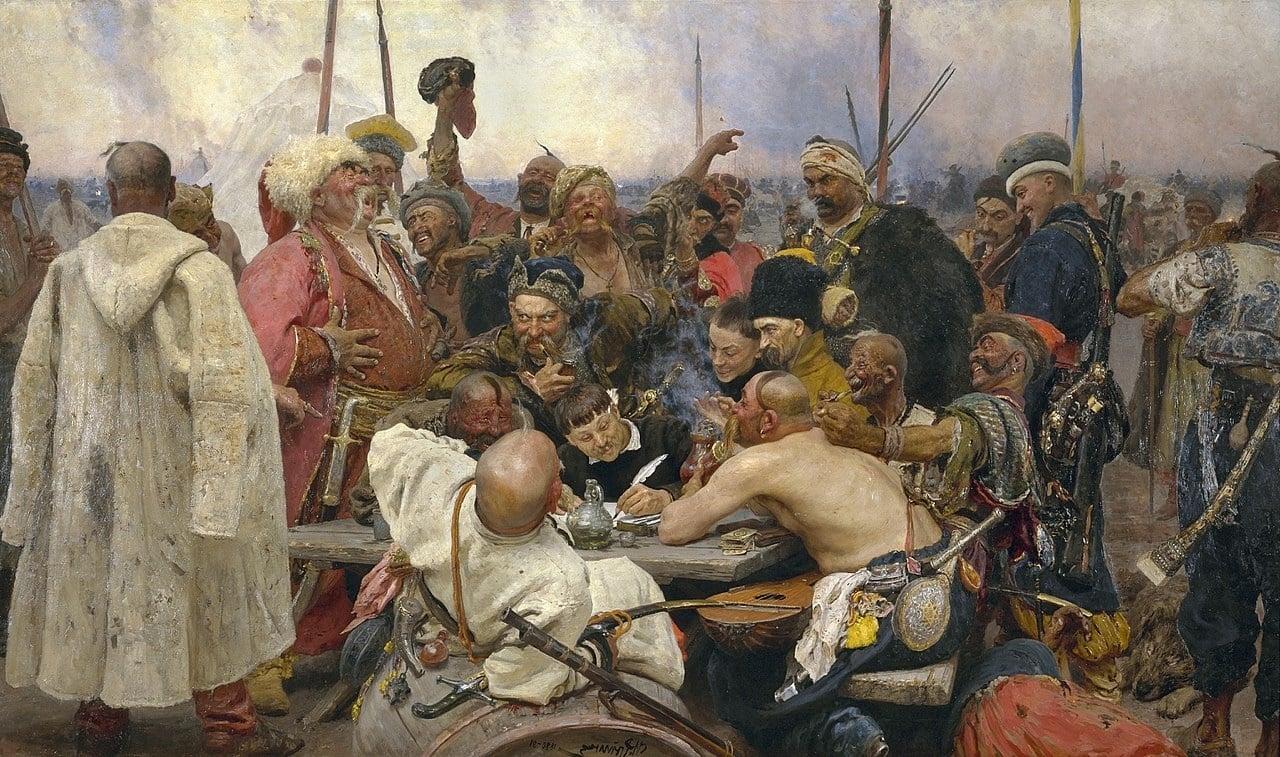

TURN AND BURN, DOGMEAT!


TURN AND BURN, DOGMEAT!


They came to get their slap ass.


Oh, it 100% is. If being a total fuck knuckle didn’t consistently get them like ~50% of the national vote, Republicans would pivot. But they’ve realized that the worse they are, the more votes they can squeeze out of the hateful pieces of shit who infect us like a cancer.
Is he the fighter of the Day Mayor?


Despite spending a lifetime living with this reality, it still seems so fucking wild to me that one of the two major political parties in this country is just entirely peopled with assholes. It’s like they have a secret competition amongst themselves to see who is the biggest bag of dicks.


Socially awkward slaving, raping immigrants.


Huh. I wonder if he was also socially awkward when he was raping Sally Hemings (starting from when she was 14 years old, younger than his daughter Abigail, whom Hemings was sent to care for), or when he convinced her to leave the relative safety of France by telling her that he’d emancipate her children, or when he was like: “lol u thought” and kept them enslaved for the rest of his life. So socially awkward. Such a quirky guy.
In retrospect, we should have noticed sooner. He was constantly asking kids to tickle him, after all.


I’m super disappointed in him. Was a big fan of his when I saw him run, and I really liked some of the things I heard about him, like how he got a tattoo marking the date of death for each of 9 people in his city who were murdered while he was mayor. It really made me think that he felt the heavy burden of responsibility and wanted to make the world a better place.
But this… I mean, this ain’t it. It does get a little complicated because of his stroke. I don’t know how much of the personality he’s currently displaying to the world was endemic in him before the stroke. It could be that this has been who he was the entire time, and he just hid it from the world. Either way, though, I think it’s clear that he represents a lot of unfulfilled hope. Granted, he’s likely still better than Oz, but that’s a pretty damned low bar. Fingers crossed he gets beat in the next election by someone who delivers on the hope that Fetterman originally promised.


I think you’re severely overestimating the average intelligence of the population.
Being unable to stay awake for his criminal trial is one of the least surprising things about a man whose aides had to dumb his daily presidential reports down to one page, with bright colors, pictures, and bullet points in order to get him to pay any attention to them whatsoever. You know who is surprised about him falling asleep in court? People who have paid 0 attention for the past 8 years.
God damn, Nature. You scary.
He didn’t get his black belt for nothing.


Well who the hell thought it was a good idea to take gyros up on a space telescope, anyway? The meat is so floppy!


I love SIGBOVIK - truly some insane projects are presented there. Like Tom Murphy’s projects of creating a hard drive from pings, or using AI to create uppest and lowest case letters. Or reverse emulating a Nintendo (which is a particular favorite of mine).
One other project that I really love was presented at the 2021 Sigbovik: Fontemon, created by Michael Mulet. It’s a full-blown choose-your-own-adventure game in a font. Truly insane. Here’s a short video showing the basics of how it works: https://www.youtube.com/watch?v=VY1hDQMeU3A


Bro, it ain’t 4/20 anymore.

Well, the House already passed Ukraine aid, which is one of the things that Marge’s FART squad was set up to prevent. So unless there’s another big set of legislation coming down the pipe that Democrats really want out of Johnson, I don’t see much use in them keeping him in the chair. There’s only the tiniest, atom-thick difference between him and those “Freedom Caucus” chucklefucks, so it probably won’t get worse for the Dems if another speaker election happens. One possible effect of another speaker election, however, (especially with all of the recent Republican “retirements”) is that Jeffries could squeak into the speakership role. So, very little downside, some tiny chance at upside.
PSA - this is just my mostly uninformed opinion on the matter. Do not mistake anything said in the above paragraph for facts.


Given that it’s Los Angeles, that shelter could probably go for about $175,000.


Basically a complete teardown and overhaul of the system. The biggest problem is that seats in congress are not proportioned representationally. For example, in the UK, if a particular party receives 5% of the vote, then roughly 5% of the seats in the House of Commons are assigned to members appointed by that party. In the US, if a party receives 5% of the vote, they get nothing. Additionally, the US is further hampered by the fact that we elect our president directly instead of going with a prime minister approach, where the minister is appointed by the party or party coalition that won the election. Because of this, there is a lot of pressure placed on voters in every election to vote for the candidate they hate the least, since if they don’t, there’s a good chance that the candidate they hate the most will become president.
If we had a representational vote, on the other hand, people could feel free to vote for whichever party most suited their political tastes, knowing that they will have a chance at being represented in the government that follows the election. Often times, a single party doesn’t win enough votes to have a majority in governments like this, so they have to cooperate with other parties to form a coalition government. In situations such as these, sometimes small parties can play a pivotal role. For example, in the 2017 UK general election, the number of seats needed to secure a majority was 326 (650 seats total, need more than 50%), but the Conservatives only managed to get 318 seats. They were able to team up with the Democratic Unionist Party (DUP), however, who had gotten 10 seats in the election to form a Conservative-DUP coalition government. So the people who voted for DUP in that election got some extra concessions from the new government because the Conservatives needed them.
Because the US system is an all-or-nothing affair, where we are concerned only with someone winning a plurality rather than a majority of the votes, it necessarily will degrade into a 2-party system over time no matter how many parties you start with. It’s just a mathematical reality. For example, imagine you have 6 parties, and the vote breakdown is as follows:
In this situation, voters would quickly realize that party F doesn’t have a chance to win going forward. So they’re more likely to vote for a party that doesn’t align as well with their politics, but that actually has a chance of winning in future elections. Maybe they give their votes to Party C, for example. Over time, this effect is carried out again and again, and the numbers of people who vote for the two biggest parties reach a sort of equilibrium, with all of the other parties dying out or having next to no votes. Because the people voting for Party F get nothing if their candidate loses, they are heavily incentivized to settle. So, in effect, our current political situation is a result of the systems we chose, and their effect on game theory.
So are the “elite” brigades just the ones that aren’t comprised entirely of prisoners at this point?